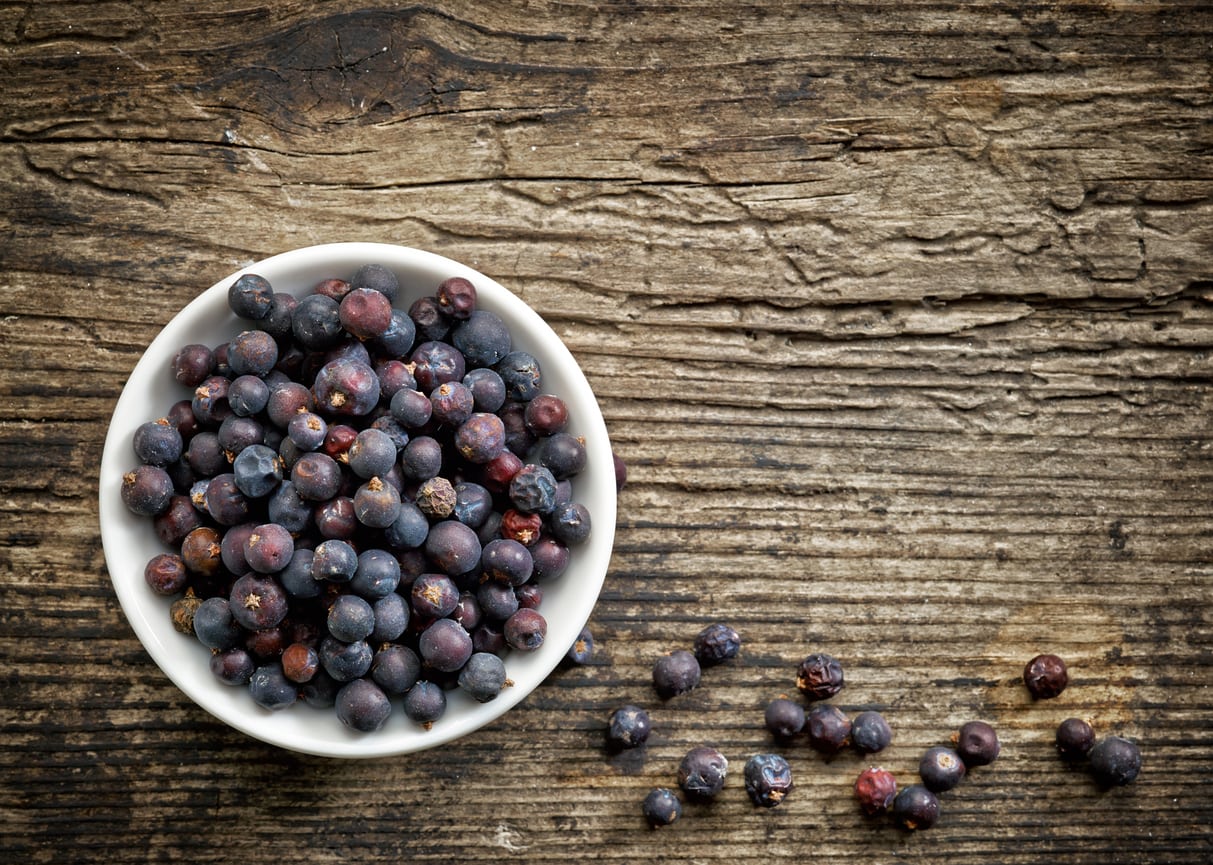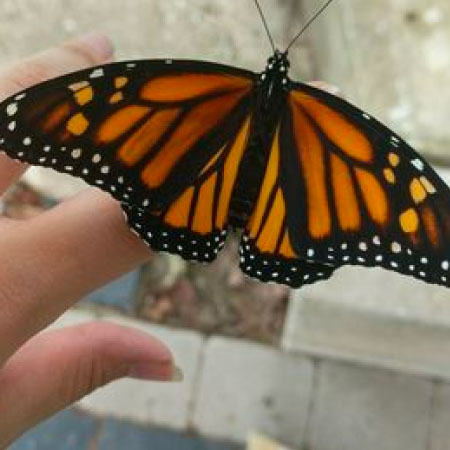Are All Juniper Berries Edible – Is It Safe To Eat Juniper Berries


In the mid 17th century, a Dutch physician named Francis Sylvius created and marketed a diuretic tonic made from juniper berries. This tonic, now known as gin, instantly became a huge hit throughout Europe as an inexpensive, domestic, buzz-producing alcohol beverage, rather than the medicinal tonic Sylvius had intended it to be.
However, for centuries before Sylvius developed his juniper berry tonic, juniper berries had already been used as a strong flavoring for wine, mead, and other alcoholic beverages, as well as a spice for meats, stews, sauerkraut, and other dishes. Upon reading this you may be wondering, are all juniper berries edible? Read on for that answer.
Are Juniper Berries Poisonous?
First, it is important to take a closer look at what we consider a juniper berry. Juniper is a conifer that occurs naturally in many parts of the world. They can be found in the forms of small sprawling shrubs, medium-sized shrubs, right up to medium-sized trees.
Juniper varieties are native to North America, Europe, and Asia. Throughout history, different parts of juniper have been used in different culinary and medicinal recipes, though it is the juniper berries that are used in juniper’s most noteworthy recipes. However, these “berries” are not really berries at all; they’re actually the fleshy cones of female junipers, which have such small, compacted scales that they have an appearance similar to berries.
During the Middle Ages, juniper berries were used to ward off disease and infection. Though part of this may have been plague-paranoia, juniper berries do have antiseptic, anti-inflammatory, and anti-viral properties. Native Americans used juniper berries as a medicine to treat sore throats, colds, pain, fever, headaches, joint inflammation, dizziness, kidney stones, as well as to flavor wild game, cakes, and breads.
The flavor of juniper berries is said to tone down the gaminess of venison, wild boar, waterfowl, and other game meats. The dusty coating on juniper berries is actually a wild yeast, so juniper berries have also been used for centuries in beer-crafting and breads; many sourdough starter recipes call for juniper berries.
In Germany, authentic sauerbraten and sauerkraut are made with juniper berries. Juniper berries are not eaten in handfuls, straight off the bush like the sweet, juicy blueberries they resemble. Juniper berries have a strong, bitter, slightly peppery flavor and gritty texture.
Sign up for the Gardening Know How newsletter today and receive a free copy of our e-book "How to Grow Delicious Tomatoes".
Instead, just a small quantity of mature juniper berries is added to recipes as a flavoring or spice. They can be added whole and fresh off the shrub to marinades, meat rubs, wood chips when smoking meats, or added to pickling meats. Juniper berries can even be added to hair rinses, vinegars, or oils to promote shiny hair.
Whole berries are also added to teas and tinctures for their medicinal qualities and ground into salves for wound care. Juniper berries can take about two years to mature for use. When mature, they turn a dusty blue to black color. Mature, but still green juniper berries, are used to make gin.
Can You Eat Juniper Berries You Pick?
Now before you start foraging for juniper berries in your backyard, it is important to consider some things. First off, is it safe to eat juniper berries? There are over 45 different types of junipers. All juniper berries contain the powerful oil Thujone. This oil can cause stomach upset, diarrhea, and kidney problems when ingested in large quantities.
Certain varieties of juniper berry contain safe, low amounts of Thujone, while other varieties contain high levels and can make you very sick. The common juniper, Juniperus communis, is the variety most often used to make gin, medicines, and food dishes, as it is considered safe for human consumption. Other edible juniper berries include:
- Juniperus drupacea
- Juniperus phoenicea
- Juniperus californica
- Juniperus deppeana
NOTE: The berries of Juniperus sabina and Juniperus oxycedrus are not safe for human consumption and should be avoided. Be certain you only consume berries from a variety you know is safe. You must also consider location when foraging for juniper berries. As with any edible plant, you don’t want to eat anything that may have been exposed to harmful chemicals. Avoid harvesting from junipers that grow alongside roads, parking lots, driveways, or landscapes which are treated with pesticides or where they may receive chemical drift or runoff. Additionally, juniper berries are generally not considered safe for pregnant or nursing women. Handling juniper plants can cause skin irritations, so gloves can help.

Darcy is a former contributor to Gardening Know How. She is a professional landscape designer and gardening writer with experience in plant sales. An avid gardener, Darcy has a passion for sharing practical tips to help others grow.